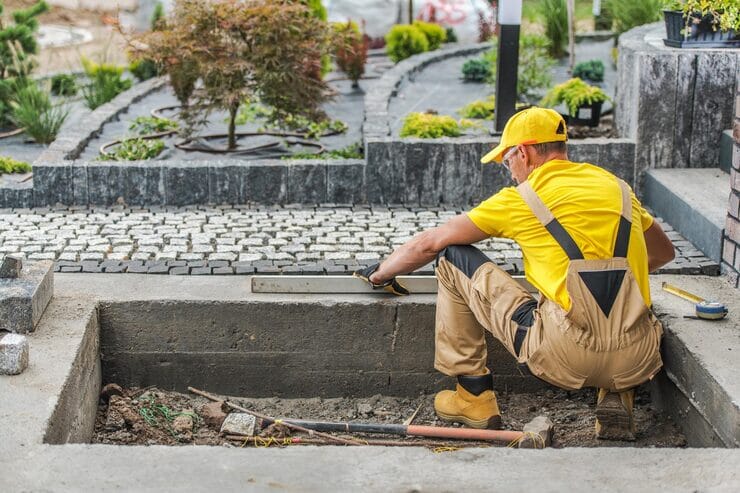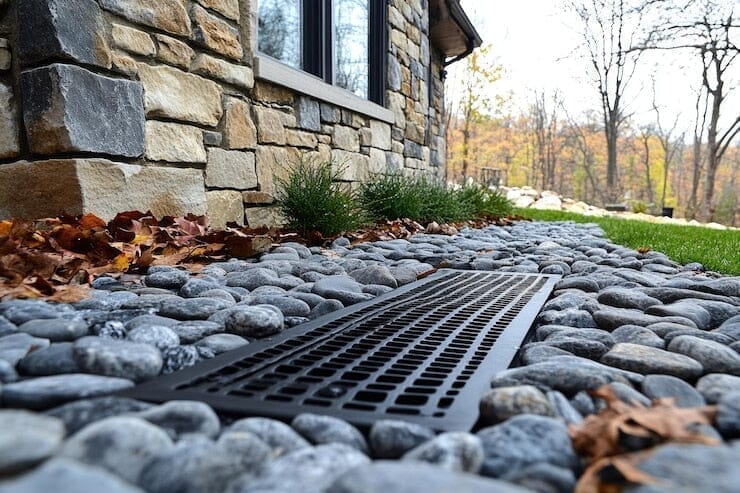The Pros and Cons of Gravel Driveways
-
20/04/21
-
Vodaland Canada
The driveway is a very prominent feature of the home, as it can be easily viewed from the street. Homeowners have many choices for driveway materials. Driveways can be made of asphalt, concrete, gravel, or pavers. Each has their own advantages that relate to maintenance, drainage, appearance, and cost. Here’s a brief look at the pros and cons of gravel driveways.
Pros
Cost-Effective
Gravel driveways are far less expensive than concrete, asphalt, and pavers. They are popular in rural areas with long drives. When properly maintained, gravel driveways can last a century.
Can Be Used Immediately
Unlike asphalt or concrete, which require time to cure, you can drive across gravel driveways as they are installed. Installation is fairly simple—the topsoil is removed, and the ground compacted. To contain the gravel and prevent it from washing away with the rain, a ground grid can be used atop the compacted soil. Layers of progressively smaller stone and gravel are poured into the grid and compacted, one layer at a time, to form a smoother surface.
Permeable and Attractive
Gravel driveways allow water to sink into the earth, rather than gush into storm sewers, taking debris and soil along with it. Of course, gravel driveways must also be properly graded to encourage water to flow away from garages and other structures. Gravel comes in many colors, shapes, and sizes, so you can choose the type that best complements your home.
Cons
Maintenance
Gravel driveways must be replenished a few times a year as the gravel compacts, and these driveways should be regraded when ruts or potholes form. Because of its permeability, weeds might also grow through your gravel drive.
Can’t Withstand Snowplowing
Though residents of cold, snowy climates often have gravel driveways, they aren’t easy to shovel or plow. Where deep snow occurs and plowing is necessary, the driveway will suffer damage and will need to be repaired and replenished in the spring.
Dirt and Dust
Gravel driveways kick up a lot of dust and dirt. Vehicles that drive over them will need to be washed more frequently.
Each type of driveway, including gravel, has pros and cons. Whatever type of drive you choose, the design must enable proper drainage into a slot drain, catch basin, trench drain, or swale.














